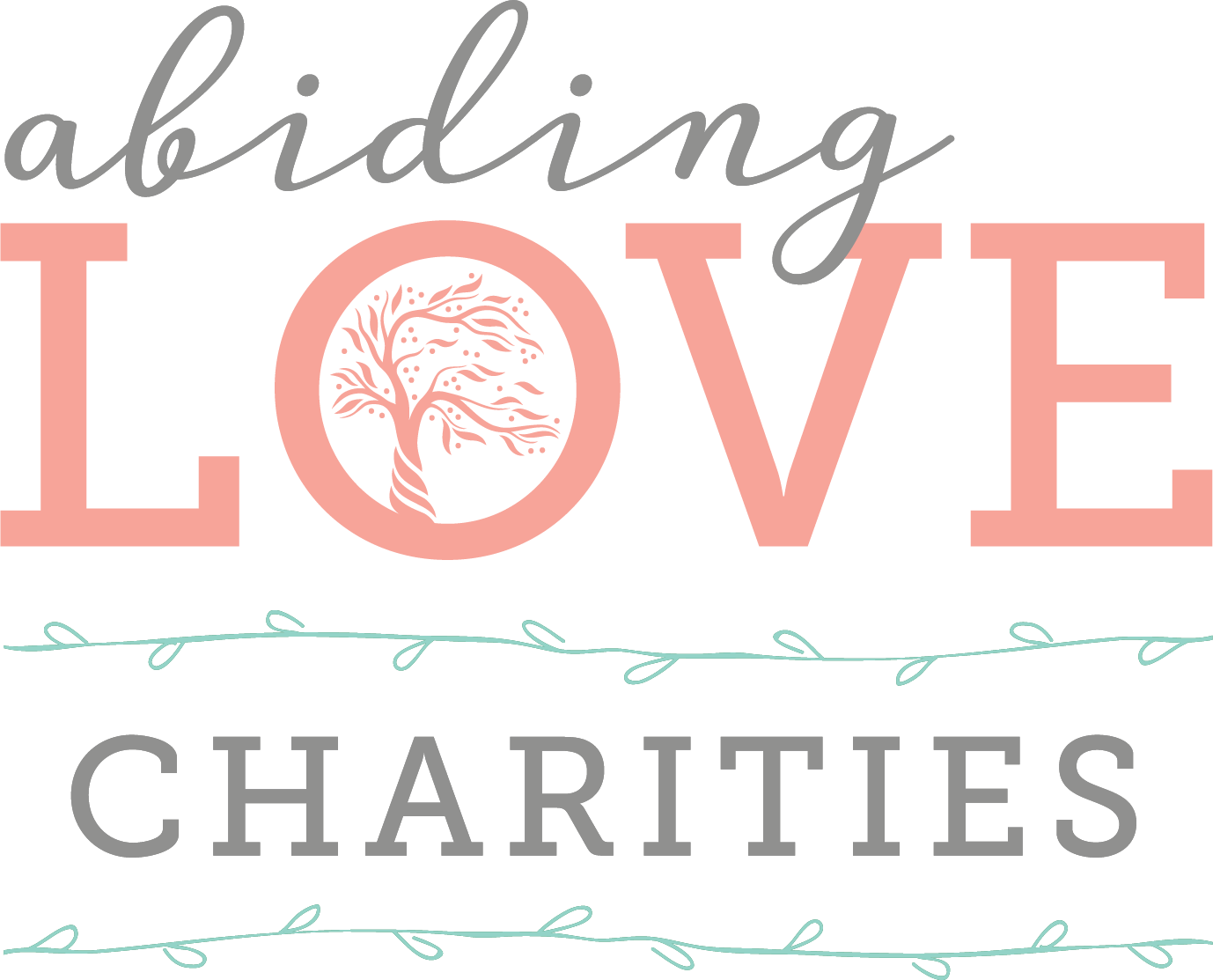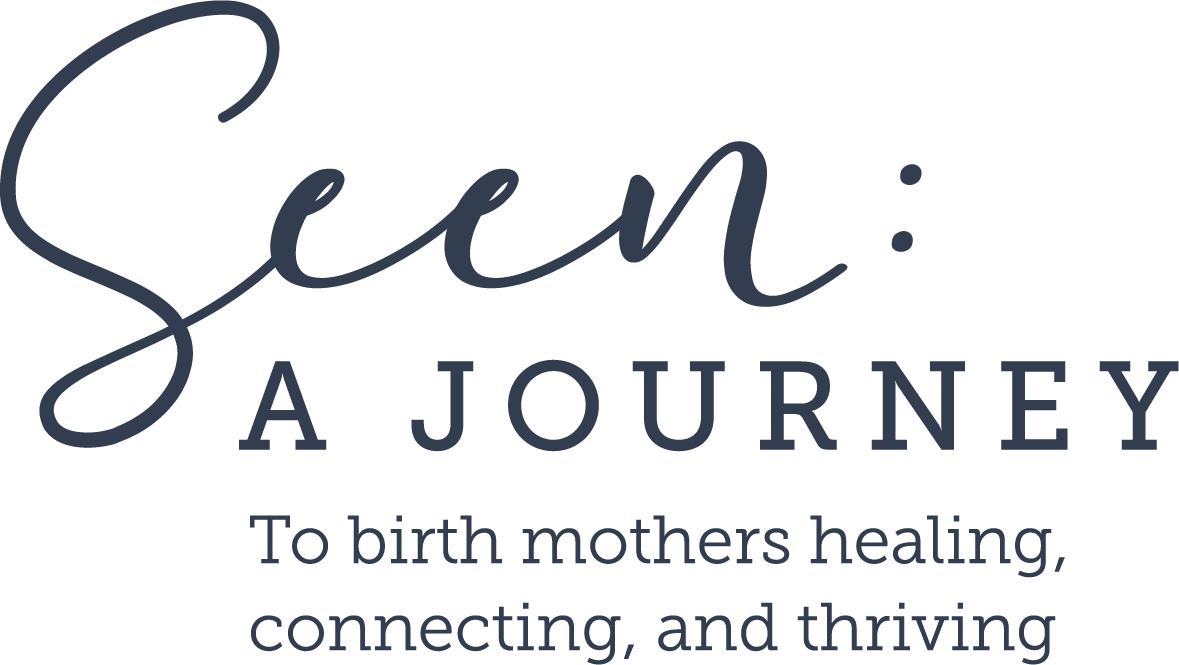An Encouragement for Adoptive Families Walking in Truth and Tenderness
In the journey of adoption, we talk a lot about love. How it motivates us, connects us, and gives us strength. But one aspect of love we don’t always talk about is how love protects. In 1 Corinthians 13, the kind of love God calls us to is one that “always protects, always trusts, always hopes, always perseveres.” That kind of love is fierce and tender. It doesn’t shrink back when things get messy. It leans in.
As adoptive parents, protecting love doesn’t always look the way we might expect. It’s not just about physical safety, though that’s important. It’s about emotional safety. Relational safety. Identity safety.
It’s standing in the gap when the world’s words about adoption are far from complete, or even kind at times. It’s offering protection when words don’t honor the full truth of your child’s story. It’s choosing language that builds up your child’s understanding of who they are, including their connection to their birth family, even when those conversations are uncomfortable. It’s holding space for the questions, the grief, and the not-yet-understood feelings without rushing to fix them. It’s also protecting your child’s birth parents in your home by speaking respectfully of them, even in seasons where the relationship is strained or distant.
In adoption, one of the most sacred responsibilities adoptive parents hold is the stewardship of their child’s story. It’s easy in the early years to feel like our child’s story is ours. But the truth is, their story belongs to them. And love that protects knows when to speak and when to stay silent.
Protecting your child’s story means being intentional about what you share and with whom. It starts with asking, “Is this mine to tell?” before posting, texting, or responding to a well-meaning, but often intrusive, question. It means pausing before sharing details about your child’s birth parents, their placement, or the early chapters of their life that may hold layers of grief, trauma, or complexity. These pieces of their story are not public property, not even within church groups, extended family, or close friends.
When working with prospective adoptive parents, this is often the piece I find myself emphasizing the most, and where the biggest knowledge gap tends to exist before placement. There’s an air of excitement surrounding an expected baby that it becomes easy to overshare with curious, well-intentioned friends and family. But once something is said, it can’t be unsaid. Like toothpaste squeezed from the tube, those private details can’t be put back.
Your child and their first family are worthy of protection.
Love that protects doesn’t just defend, it preserves. It treats our children’s beginnings as something sacred, not sensational. It reminds others that adoption stories are not entertainment or inspiration; they’re real people’s lives. When our kids are young, protecting their story might look like deflecting or redirecting personal questions from strangers or acquaintances, using age-appropriate language that respects truth without revealing too much too soon, and speaking kindly and respectfully about birth family even when there are unanswered questions.
As they grow, protecting their story shifts into equipping them with the tools, language, and freedom to decide how and when they want to share.
We say to them with our actions: “You are the author of your story. I’m here to support you as you write it.”
It’s also important to recognize that your child may interpret their story differently than you do, and that’s okay. Love that protects doesn’t try to force a specific narrative. It gives room for processing, for multiple truths to coexist, and for your child to make meaning in their own way.
In protecting our children’s stories, we’re not withholding love; rather, we’re anchoring it in respect. We’re choosing the long game: trust, safety, connection.
So the next time someone asks you for details they don’t need, or you’re tempted to post something deeply personal on social media, pause and remember: This is my child’s story. It is my job to protect it, not collect likes or accolades.
To every adoptive parent out there choosing this protective, honoring love, you’re not alone. Give yourself credit for guarding your child’s heart and mind; you’re doing truly sacred work. Keep holding space for their story, and know we’re here, cheering you on every step of the way.


